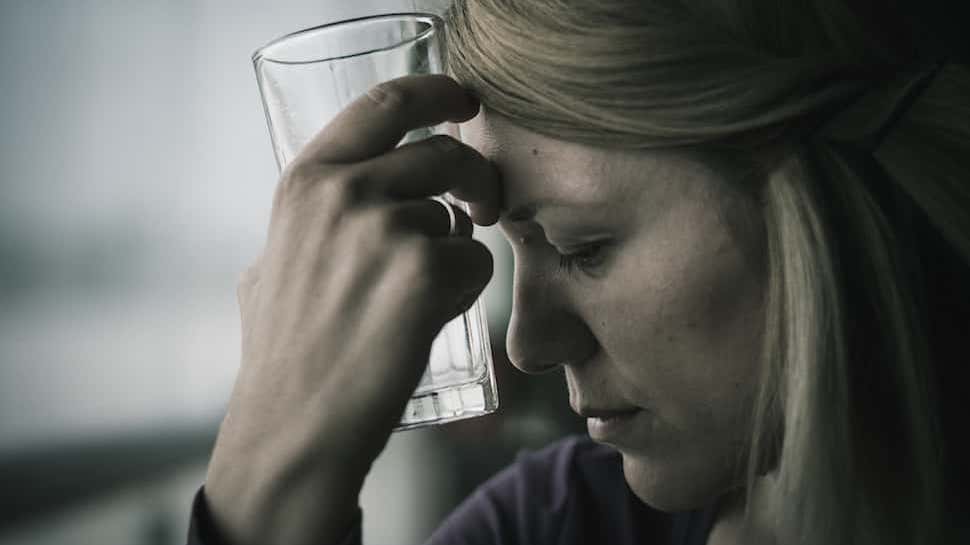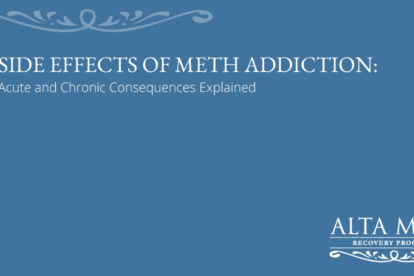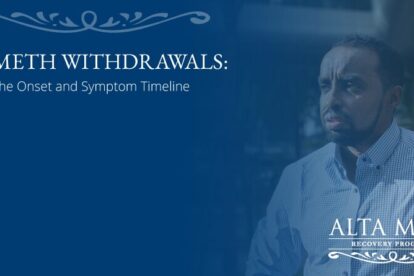
Drinking on Antidepressants
Alcohol combined with antidepressants can be a dangerous combination, causing worse side effects, extreme drowsiness, increased depression, increased risk for alcohol use disorder, and many other potential negative consequences. Anyone using antidepressants should avoid alcohol or at least talk to their doctor before drinking alcohol with these medications.
The combination of alcohol and antidepressants can be risky. Alcohol is a central nervous system depressant. Drink alcohol can increase the severity of side effects and actually worsen depression, counteracting the benefits of the medication.
Never drink while on antidepressants without talking to a doctor first, and if allowed, only drink in moderation.
The Dangers of Abusing Alcohol with Antidepressants
Combining alcohol with antidepressants is never recommended, as both substances can trigger drowsiness and decrease alertness. The combined effects from both can be more severe than the side effects from using just one or the other. Abusing alcohol while on antidepressants is even more dangerous, and developing an alcohol use disorder is just one of the serious risks:
- People who struggle with depression are at a greater risk of developing a substance use disorder. Abusing alcohol increases that risk further.
- The more alcohol is consumed the greater the combined impact with the antidepressants will be, triggering severe drowsiness and sedation.
- Alcohol together with antidepressants can cause impaired thinking, judgment, coordination, and reaction time. The combination can cause significant impairment and make doing normal tasks difficult or impossible.
- Alcohol consumption may actually increase depression, counteracting the positive effects of the antidepressants. Drinking can also increase anxiety. By increasing depression, alcohol can put a person at greater risk for suicidal thoughts and behaviors.
- Monoamine oxidase inhibitors (MAOIs) are antidepressants that when mixed with alcohol can trigger dangerously high blood pressure levels.
- The potential side effects of antidepressants are often worsened when combined with alcohol.
- Drinking can impair sleep, causing an individual to fall asleep more quickly but also causing poor quality sleep and waking up in the night.
- An excessive amount of alcohol with antidepressants can make it impossible for the liver to keep up with processing the substances. In rare cases this can cause a fatal toxic reaction.
Alcohol and Antidepressants by Type
There are several classes of antidepressants and the risks of drinking vary by type. Most people have to try one or more drugs, sometimes from different classes, before finding one that works best. It is important to avoid drinking at all until settling on the right antidepressant and knowing what side effects it will trigger.
- Selective Serotonin Reuptake Inhibitors (SSRIs). SSRI is often the first type of antidepressant prescribed to patients. The drugs in this class generally cause fewer side effects, and alcohol and SSRIs is the least risky combination. Increased drowsiness is the most likely risk.
- Serotonin Norepinephrine Reuptake Inhibitors (SNRIs). SNRIs are frequently tried if SSRIs fail to provide relief from depression symptoms. They also treat anxiety and nerve pain. Potential complications when used with alcohol are similar to those with SSRIs, but at least one SNRI, Cymbalta, can damage the liver. It should not be used with alcohol, especially in people who drink heavily or already have liver damage.
- Tricyclic Antidepressants. This class of antidepressant is not often used, usually prescribed if other types don’t work. Combined with alcohol, they can cause drowsiness and significant impairment in coordination.
- Monoamine Oxidase Inhibitors. MAOIs are especially dangerous to combine with alcohol because of the potential for a spike in blood pressure. Alcohol should never be consumed when on these antidepressants.
Moderate Drinking on Antidepressants
If you are on antidepressants it is important to talk to your doctor before engaging in any degree of alcohol consumption. Some doctors may give the go ahead to patients to drink occasionally and in moderation. Moderate drinking is defined as no more than one drink per day for women or two for men.
Even if given approval to drink moderately, be sure that you know how your medication affects you first. Avoid alcohol for the initial few weeks to determine what side effects the drug will cause, as they may be increased by drinking. If you do drink moderately, drink slowly and be sure to have enough food to slow the absorption. This can decrease alcohol’s effects and make drinking safer.
The best way to get positive outcomes from antidepressants is to avoid alcohol entirely. The risks may be less for certain medications or for people who don’t experience many side effects, but the risks are still there. Perhaps most importantly alcohol works to counteract the benefits of these drugs, so drinking may increase depression symptoms. If you are experiencing serious side affects from drinking on antidepressants, you may need an integrated residential alcohol treatment center to help you address both your drinking and your depression.






